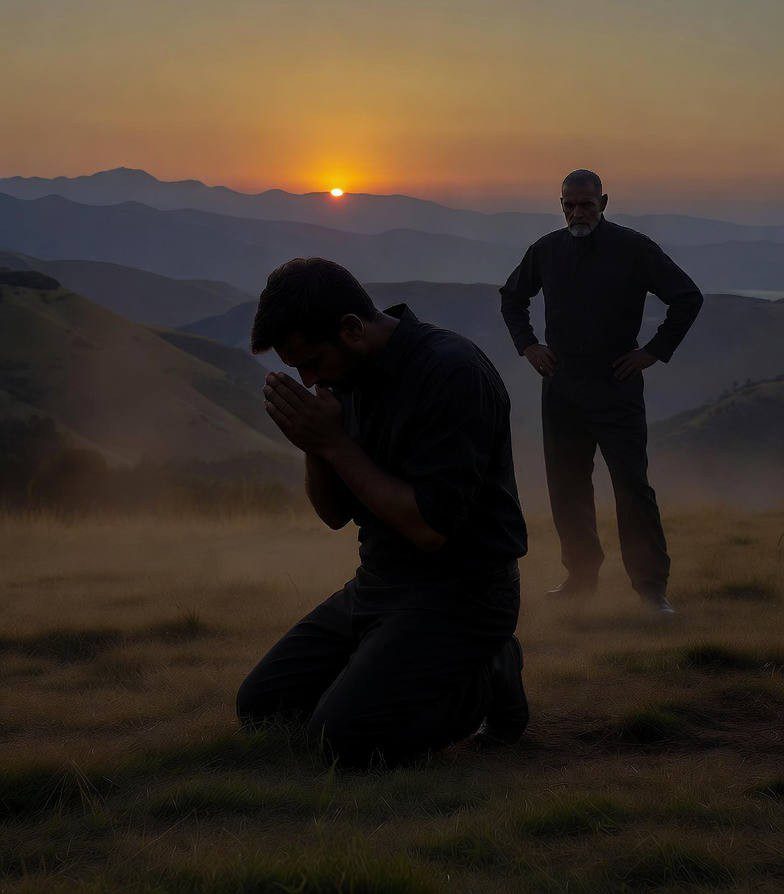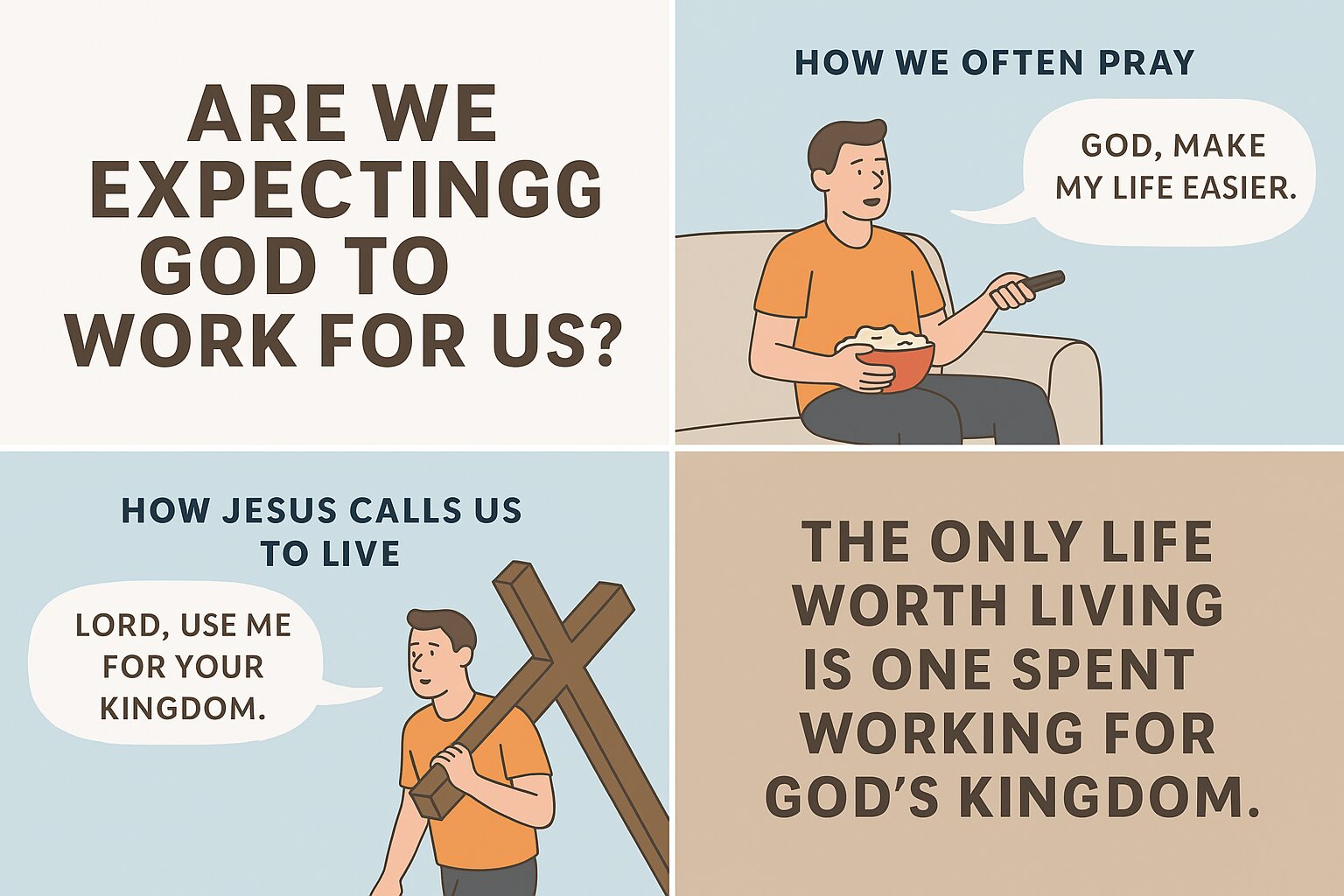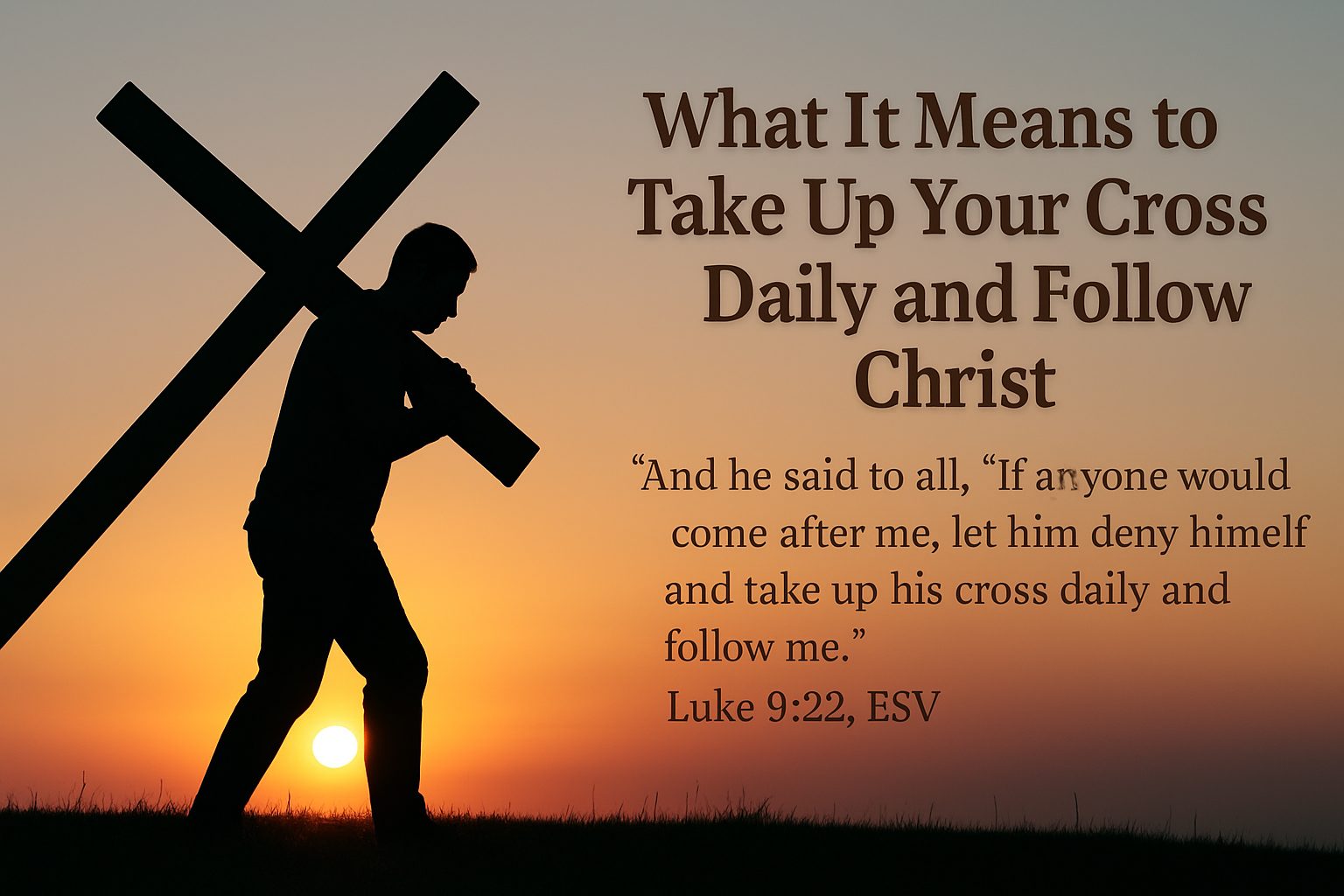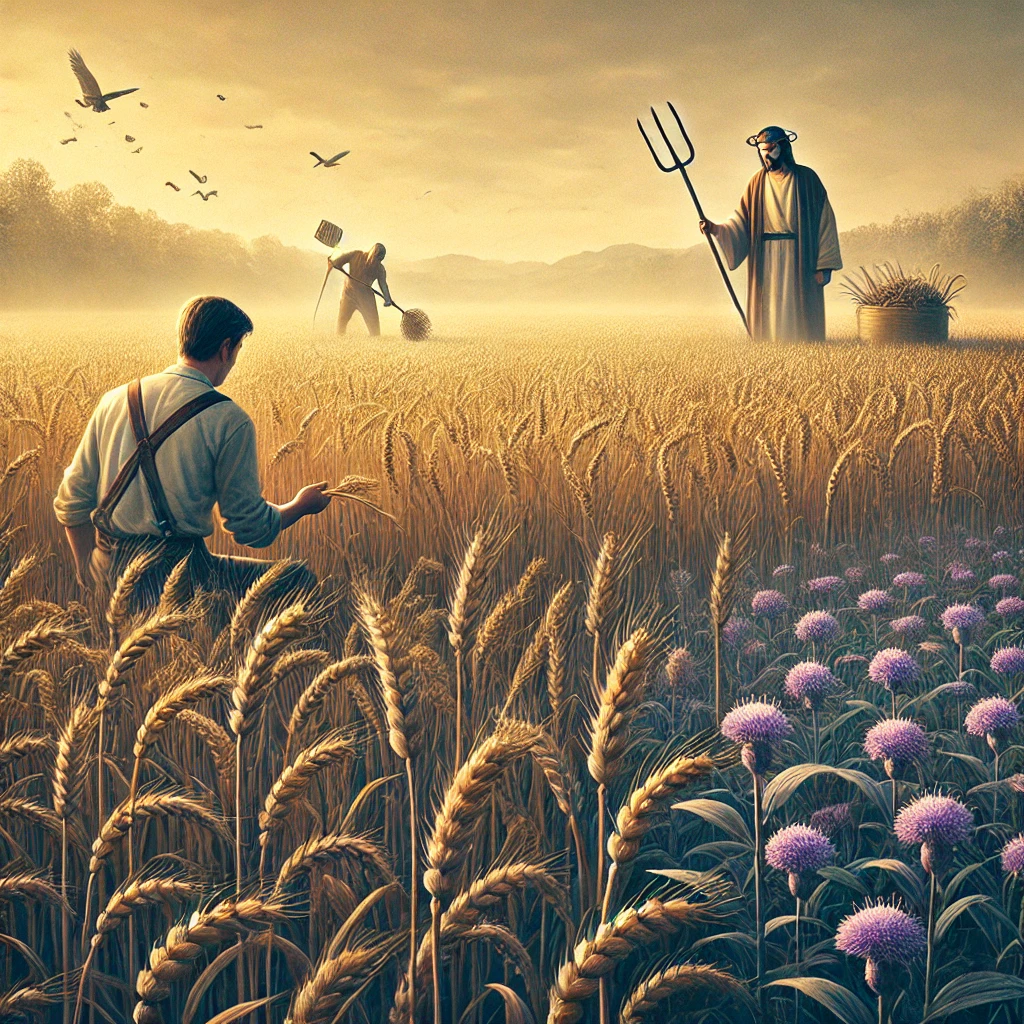Paul’s thorn in the flesh shows how God uses weakness to guard us from pride and shape our boasting. The thorn of humility keeps our hearts near Christ and teaches us to boast under grace, where His power is made perfect in weakness. This post explores why God allows these limits and how they help us stay faithful as we look for the return of Jesus.
The spirit of the Pharisee still lives wherever religious pride replaces a humble heart. In this message, believers are called back to authentic relationship with Jesus—away from performance and toward grace. Discover how to recognize self-righteous attitudes, walk in daily repentance, and live free from the weight of appearances. When we trade pride for humility and religion for relationship, we find peace and power in Christ alone. Learn how to keep your heart soft, your worship pure, and your faith anchored in mercy, not image.
Many Christians expect God to make life easier—but that’s not what we were called to. We were created to serve His purpose, not our own comfort. True discipleship means surrendering our plans and working for God’s kingdom every day. This post explores how to shift from asking God to serve us to living fully in service to Him, finding lasting peace, purpose, and joy as we prepare for Christ’s return.
This post explores how spiritual warfare and walking in hope define the Christian life. It explains that repentance is not a punishment but a weapon of freedom, showing readers how to overcome guilt and live in Christ’s victory through faith, truth, and hope.
How to restore your first love in Christ, as Jesus commanded the church of Ephesus in Revelation 2. With Scripture, real-life illustrations, and practical steps, it shows how gratitude fuels wonder, God’s faithfulness anchors believers, and renewed zeal flows from love.
To take up your cross daily means more than enduring hardship—it’s a daily choice to deny yourself, follow Christ, and live for eternity. In this post, we explore how believers can walk in obedience, endure with purpose, and live each day ready for Jesus’ return. Discover the true cost—and reward—of following Him.
Many claim to follow Jesus, but are they truly living in the will of God? Learn what Scripture says.
Have you ever considered what you'd do if Jesus asked you to give up everything you own? In Matthew 19:16-30, a young man is faced with this very challenge. Jesus tells him to sell all his possessions and give to the poor if he wants to inherit eternal life. This story pushes us to ask ourselves: would we be willing to make that sacrifice? Would we trade our material comforts for the promise of Heaven? As we navigate the crossroads of life, we are constantly choosing between fleeting worldly gains and the eternal peace offered through faith.
Explore the Parable of the Weeds from Matthew 13:24-30 and learn its significance in distinguishing true believers from imposters. Reflect on your faith, commitment to Christ, and actions to ensure you are not an imposter among Christians. Use our guide to self-scrutinize, compare teachings to God's Word, and cultivate genuine faith.
Explore how joining a local Bible-teaching church provides strength and support as we face the increasing challenges of the end times, and prepare for the return of Jesus Christ.










Good breakdown my friend!
His coming is guaranteed. The timing is always up to God and not known by anyone but him. You are…
It looks like today is the day trump signs the peace deal in Egypt once signed and 20 world.leaders are…
This is amazing information in a very good outline!